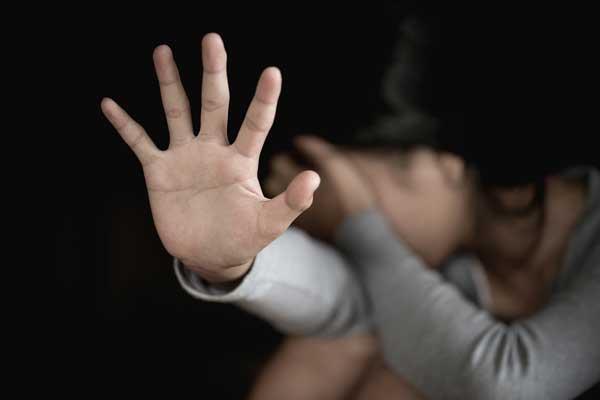Latest News
- Meta has discontinued the Messenger desktop app.
- What we know about Nick Reiner, son of Rob and Michelle Reiner
- Google's Dark Web Report is being removed; what users need to know
- Tenants consider leaving Newfoundland after no-fault eviction; 'Our lives turned upside down'
- Toronto man beats new Finch LRT train on foot; arrives 18 minutes early
Latest Ads
-
Jasmine Jewel
Call
-
Omidan group
Call
-
Amir Madanpour
Call
-
Dimo studio
Call
-
Yorkacademy
Call
-
Maryambagheri
Call
-
Shishlix Restaurant
Call

Sexual violence survivors say education reforms could help break abuse
Crystal McLean says she decided to break up with her abusive partner at the start of the new year. It took her more than a year to do it for good. "I was in an abusive relationship — physically, mentally, emotionally and sexually," she said.
I went back and forth 50 times. I couldn't break the cycle. Now that he's separated and on the road to recovery, he wants to see education reforms to reduce the alarming rate of domestic violence in Saskatchewan. In 2022, Saskatchewan had the highest rates of police-reported family violence in the country at 730 victims per 100,000 population, and intimate partner violence (IPV) at 732 per 100,000 population.
A lack of resources and education about IPV has increased these numbers, McLean said. Other survivors and teachers agree. McLean, a teacher, is trying to be part of the solution by sharing what he's learned the hard way.
"We need to educate and empower people about the first signs of domestic violence," he said. We must start with our youth. "We need to teach them healthy boundaries and relationships with survivors of sexual violence. Education reforms can help break abuse. Learn self-esteem, self-respect, and self-respect."
His wounds have healed, but memories of the abuse still come to him in flashbacks. "I lay down in the snow, my face was in the snow, and I just wanted to die," he remembers. I didn't want to live anymore. The physical abuse started within the first few months of the relationship, she said. "It started with pushing and pulling the hair, pulling the arm and then it turned into a full-on beating," he said.
McLean said his partner's drug addiction was a major factor in his abuse. He said that his family saw the bruises and were worried about him. "I told them that I fell down the stairs," he said. They didn't believe it. One spring morning, McLean experienced what he called a "surreal moment." He said he saw his mother's face by his bed, her eyes filled with tears. "At that moment I knew I had to go to save myself," he said.
Now living in Saskatoon, the 39-year-old said she incorporates "selflessness and self-worth" into her daily teaching with her students.
He said: "In my opinion, emotional abuse is much harder than physical abuse." Now she's looking for a member of parliament to help her draft an education bill that would make interpersonal violence training mandatory across Canada.
He wants kids to "learn what's healthy and unhealthy, what appropriate boundaries and coercive control look like, so that in 10 to 15 years we'll see a social shift."
"The biggest way to affect social change is to start with their children," he said.
He would like to see information taught from kindergarten through 12th grade, plus at least one full semester on abuse differences in high school.
sask $20.3 million in federal money over four years to fight gender-based violence Kendav said social media makes it even more important to teach healthy boundaries from kindergarten up in an age-appropriate way.
"If we teach our children that boundaries are healthy, we can break this cycle of abuse," Ottenbreit said. such as mathematics and English are currently taught.
"It should be part of the core curriculum," he said. That way you force it. That is why if you put it as a core curriculum, there is no choice but to teach it."
news source
Suggested Content
Latest Blog
Login first to rate.
Express your opinion
Login first to submit a comment.
No comments yet.


































